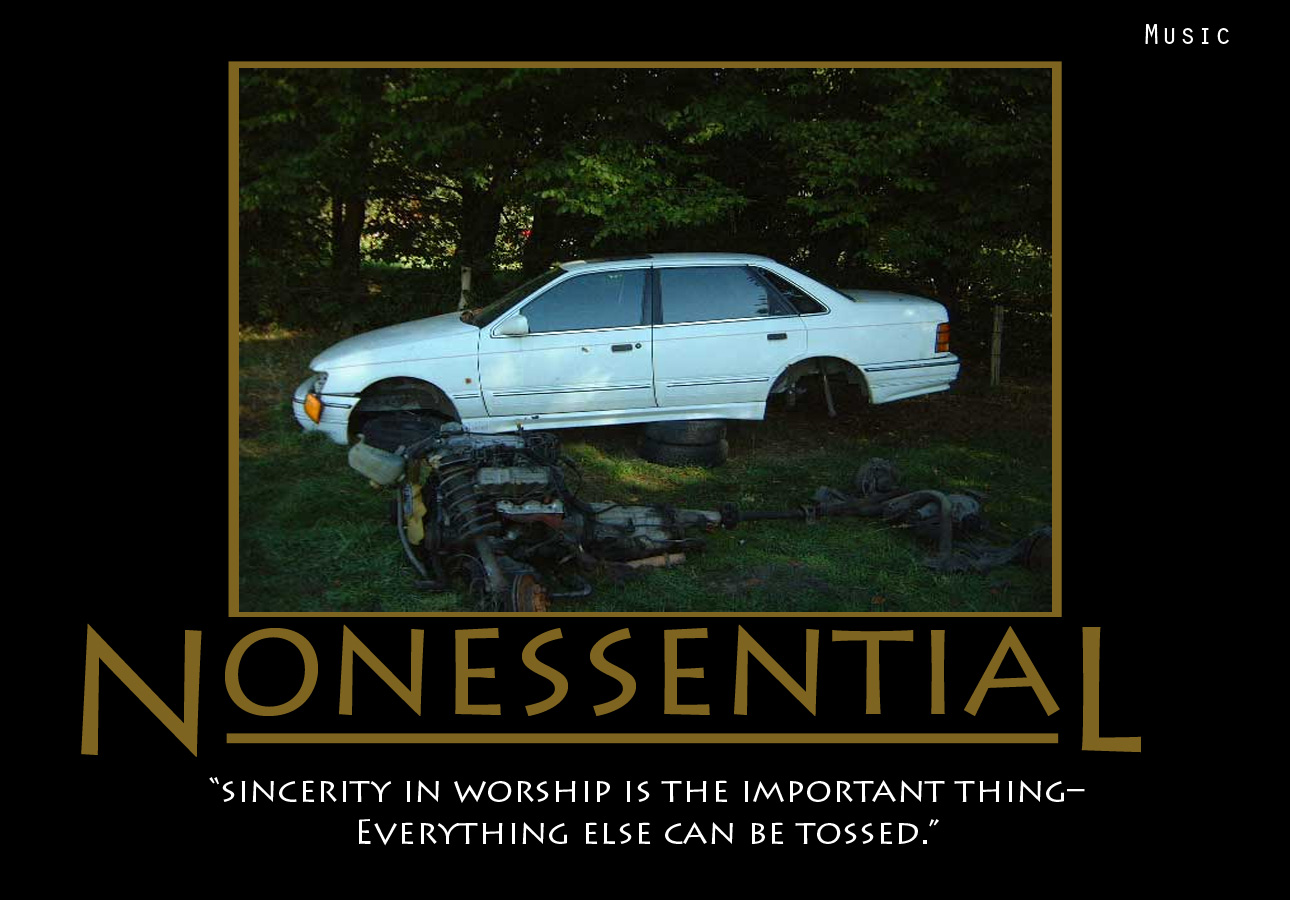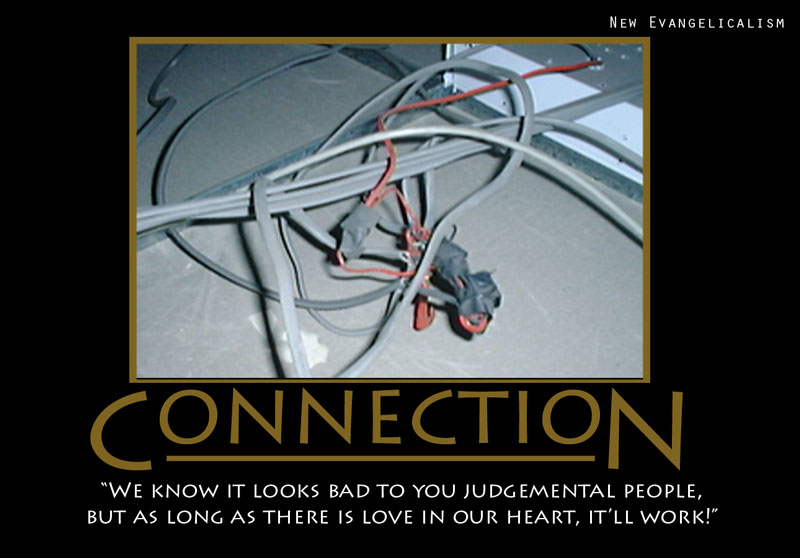Volunteer or Reasonable Servant?
I don’t think I have ever read anything concerning this subject before, but I have been pondering about it a decent amount lately. In fact, this article is about ten years in the making. I think it started with my parents, and some of their very wise opinion and advice in this area. I believe that this subject is biblical, and without it, service to God can become sold out to materialism and selfishness.
Thankfully as I was growing up, I was taught a good bit about service to God: what it is and what it is not. I believe that many in fundamental Baptist churches today are confused about what it means to be God’s servant. Often you may hear the term “volunteer” to describe someone who does some kind of service in the church. However, we should know that our service to Christ has nothing to do with being a volunteer. Don’t get me wrong, I think that it is good to volunteer your time: for a good political cause, for an elderly neighbor, or for your community spring cleaning day–but not for your church. “What are you getting at?”, you may ask.
Webster’s dictionary describes the word volunteer this way: “a person who voluntarily undertakes or expresses a willingness to undertake a service.” So why do we not volunteer our time at church. The answer is simple: service in our church is not voluntary at all. It is mandatory.
Romans 12:11 I beseech you therefore, brethren, by the mercies of God, that ye present your bodies a living sacrifice, holy, acceptable unto God, which is your reasonable service.
We know that our salvation from sin and hell has nothing to do with our works. We can never do enough good works to please a holy God. After being born again and becoming a child of God, we are officially enlisted into Christ’s service. And every service to God must be done through your local church. That is why you cannot volunteer yourself to God or your church. As the above verse clearly states, our lives are a sacrifice to God: everything is for Him. We surrendered all of our rights on the cross of Calvary.
A problem with many churches today, or rather many of the people in them, is that they honestly think that the church owes them something. If the pastor does not preach on what they want to hear, they get mad at him. If the church’s schedule does not match your schedule, then it is the church’s fault. If the church does not give you some kind of incentive (food, recognition, etc) to come to a work night, then you just are not going to come. What ever happened to being enlisted in God’s service. I think one of the problems is the attitude of “volunteerism.” Instead of imparting to God what is already his with our time, we hold it back and expect some kind of incentive. Granted, I don’t know many people who would expect a check from the church for their giving of time; but in a more subtle way, they honestly think that they are owed something from the church, and essentially, God Himself.
The attitude we must have instead is that of a reasonable service to God. Every hour of witnessing, ever nail that is hammered, every bathroom that is cleaned, every carpet that is shampooed: it is all our mandatory service to the Lord. Now, all of this may sound somewhat harsh; but it is not at all! It is a true joy when you are serving God without any strings attached!
One example many of the men from our church experience just a few weeks ago. We had record amounts of snowfall in southeast Pennsylvania this past winter, and by the time it started melting, our gymnasium building of Mt. Zion Baptist Church started developing some leaks on the roof. Now, it wasn’t that bad, but enough to concern the stewards (the men who are in charge of taking care of the property) of our church. I received a call at about 1:00 in the afternoon from our head steward, asking to help shovel off the foot or more of snow off of the roof in a few hours. And believe me–it is not a small building! That evening I arrived at church earlier than what was planned, but already, already there were at least a dozen men there on top of the annex building, shoveling away. For the next few hours, at least twenty of us men got most of the snow off the building. It was great! The best part of all, I think, is that the fathers brought there young sons to help too. True, they did not make much of a dent in the snow, but they learned that when the church needs help, you are there. It was pretty hard work, but we had a blast doing it too! Working for God is genuinely a joy! I don’t think that one of the men considered themselves a volunteer. That is one of the reasons I like the term steward–the caretakers of God’s things, and in our case, the church buildings. It is just part of being at Mt. Zion Baptist Church, and serving God all the way through it–not because of something we get, but because of all that Christ did for us.
The main point that I would like to get across is that if your church needs your service, find every way possible not to get paid for it. Be as generous as you can! You will not regret it. Volunteering is something that someone from outside of your church does when they may give time or materials, without making the church pay. Reasonable service is for those in the church, all because it is what God demands. If you have a talent or trade, give it to God! Use it in your local church!
Ephesians 6:77 With good will doing service, as to the Lord, and not to men:


